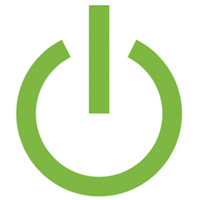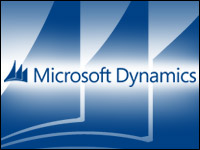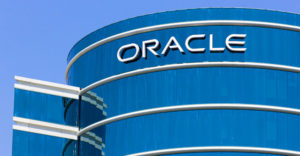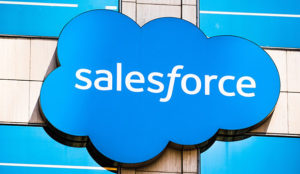
Salesforce on Monday announced it had completed its US$2.8 billion acquisition of e-commerce cloud software platform Demandware.
The deal “gives Salesforce the e-commerce piece to compete against Oracle, which already has e-commerce capabilities, as well as SAP,” said Rebecca Wettemann, vice president of research at Nucleus Research.
“It also gives Salesforce a cloud transactional platform for B2C purchases to complement its predominantly B2B sales force automation capabilities,” she told CRM Buyer.
The companies have some customers in common, but the acquisition “gives existing Salesforce customers a solution to their e-commerce issue,” Wettemann remarked. Integration with Demandware technology should deliver “both vendor management benefits and integration benefits, as Salesforce customers seek to execute more complete one-to-one marketing efforts.”
The Bigger Picture
The acquisition “is simply the latest manifestation of the rush most vendors are making to become full software platforms,” noted Denis Pombriant, principal at Beagle Research.
“It is doubtful that any customer, except for the very large, will need the full suite of Salesforce’s platform or any other platform, for that matter,” Pombriant told CRM Buyer, “but it’s important that any vendor today be seen as pluripotent — able to do all things.”
Salesforce has tailored products for the SMB market, the enterprise, B2B, B2C and “many other things,” Pombriant noted.
Its platform is positioned as a developer and as an integration environment, he pointed out. It has “previously made note of its platform strategy, and this is simply another brick in the wall.”
As for Demandware, it “was never going to build out a platform to compete with Salesforce, Oracle or any other vendor,” Pombriant said. “They were too late to the party and undercapitalized …, but they’re a perfect complement to Salesforce.”
Salesforce customers won’t be impacted, he suggested. Many Demandware users are already Salesforce customers, and others “will be able to access a lot more functionality through the platform and the AppExchange, which will help them build better customer-facing processes.”
Consolidating the companies’ technologies will not be an issue, as “typically Salesforce spends a good amount of time and treasure to ensure acquired products are well-behaved platform components,” Pombriant observed.
What Demandware Brings to the Deal
Demandware — along with Oracle, SAP, IBM and eBay Enterprise — is one of the leading players in the global digital commerce software market, estimated to be worth $4 billion in 2015 and projected to hit nearly $8.7 billion by 2020, at a compound annual growth rate of nearly 17 percent.
Cloud deployment for digital commerce software was just under 50 percent in 2015, according to estimates, and is projected to grow to 68 percent worldwide by the end of 2020.
The Demandware Commerce Cloud combines digital commerce, order management, point-of-sale operations and predictive intelligence in one platform. It is cloud-based with multitenant architecture, and it is scalable. It offers 99.99 percent global site availability, supported by dozens of data centers worldwide.
Users can leverage data and service across the entire platform to obtain a single unified view of data representing customers, products, prices, orders, promotions, inventory, interactions and stores. All channels — e-commerce, in-store and mobile — can leverage core capabilities and services simultaneously.
“The future of CRM and customer experiences is in commerce,” noted Ray Wang, CEO of Constellation Research.
“If there’s no conversion rate optimization or click-through, [the customer experience] doesn’t matter,” he told CRM Buyer. “That’s why the process flow that Salesforce has stepped up to is campaign to commerce.”

























































Your customers are your biggest product evangelists. By allowing them to buy directly within discussion groups, they can help you upsell by making recommendations on accessories and upgrades, and become your partners in profit.